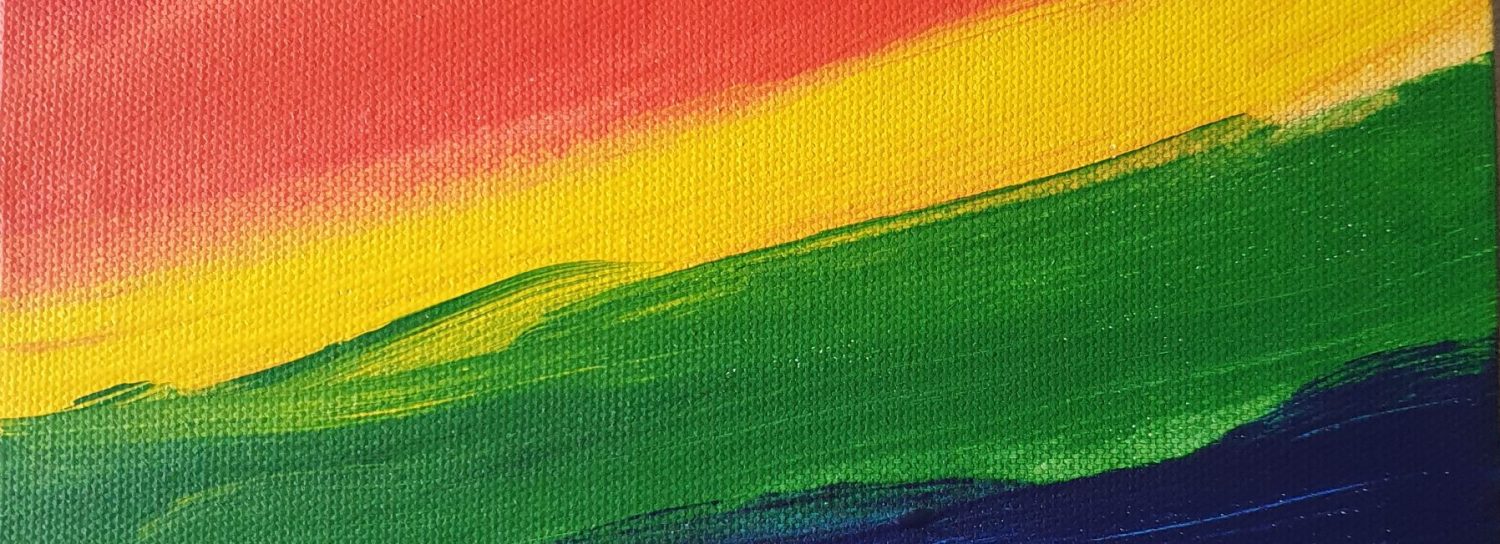Frank Furedi posted another screed against atheism, well “so-called New [Atheism]” earlier this month. It’s not hard to demolish, so I’m not going to deconstruct it line by line, but seriously Mr Furedi, next time try actually providing some examples of what you are talking about instead of emotional arguments. It’s not like he’s your every-day pundit either, he’s a former Professor of Sociology at the University of Kent in Caterbury, so he should at the very least be able to quantify his arguments.
Why do atheists focus on Christianity?
I was on the edge of a conversation the other day in which one person asked why atheists target Christianity specifically (there was more to the conversation, but this is the bit I want to focus on). The answer is quite simple, well the answers, because there are several simple points, which I can easily address.
Yes, this post will focus on Australia, because that’s where I live and I can draw a bow to other English speaking, Western nations (such as the UK, Ireland, Canada, and the USA, because there are some ways in which we’re all similar).
The majority of Australians are Christian
Sadly, 64% of Australians identify at Christian (2006 census), and around 20% identifying with no religion. So with that in mind, many people who are leaving a faith are more likely to be leaving Christianity than other religions – that’s just maths. This also translates across to other English speaking, Western nations, where Christianity is the religion of the majority.
Christianity is a privileged religion in Australia
Christianity has it’s major religious feast days recognised as public holidays, having government funding delivered to private schools – mostly Christian, and the default assumption is that you are Christian (particularly if you are also white). There are no social penalties for being Christian and in fact many people assume that everyone else knows about Christianity – which takes my to my next point.
Christianity is an accessible religion in Australia
If the majority of Australians are Christian, and the Special Religious Instruction/Education in schools is Christian, and the default assumption is that everyone is Christian, then Christianity is the easiest religion to critique – because it is all over the place, loudly claiming to be persecuted because some of the privilege formally given to Christianity is slowly being chipped away (fault free divorces, abortion rights for women, the demand that public education be religion free, etc), and because there are less Christian people about the place. Also if many new non-believers are formally Christians, then it’s easiest to critique what you know.
Christianity is overwhelmingly white
Christianity is the default religion of the white-Anglo Australian. If your circle of friends and acquaintances, and the blogs you read reflect the dominant voice, then your exposure to non-white atheism, and non-Christian focused atheism is going to be lessened. That said, even non-white, non-formally-Christian atheists in Australia may write on Christianity because it is the majority religion in Australia and is easier to critique given its privilege and number of arsehats involved (who do stupid things in public).
So, it’s not that atheists particularly hate Christianity (except where Christianity attempts to enforce its religious strictures on our lives), but rather it’s the biggest target. And not all atheists are former Christians, but many white atheists are. If your circle of friends is limited, perhaps consider reading outside your sphere to find different stories and different points of view.
Related Posts:
Australia and secularism
Secularism in Australia is quite different from that in the US
